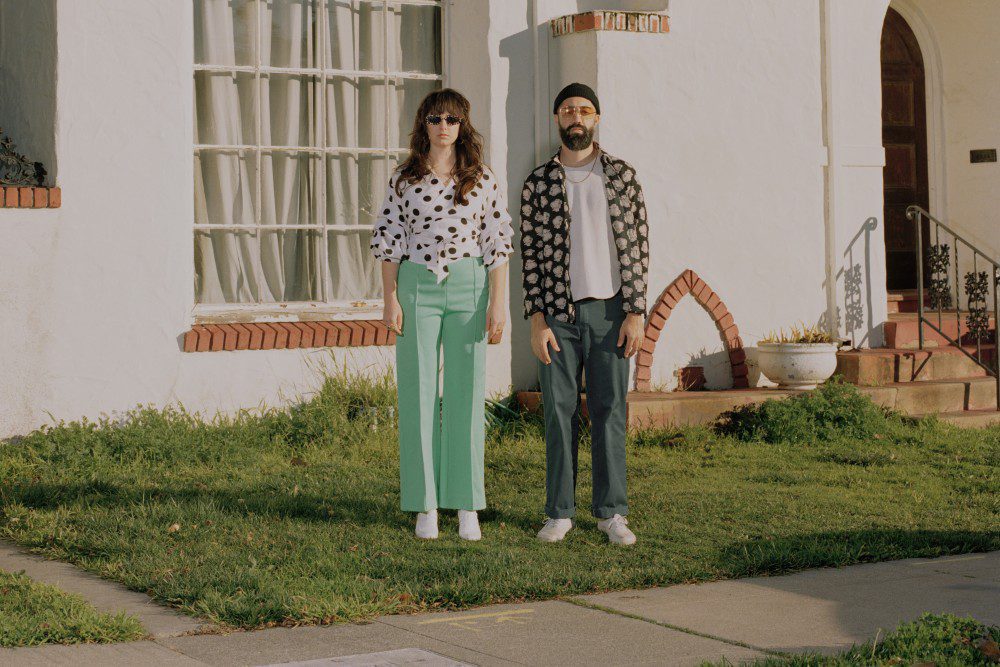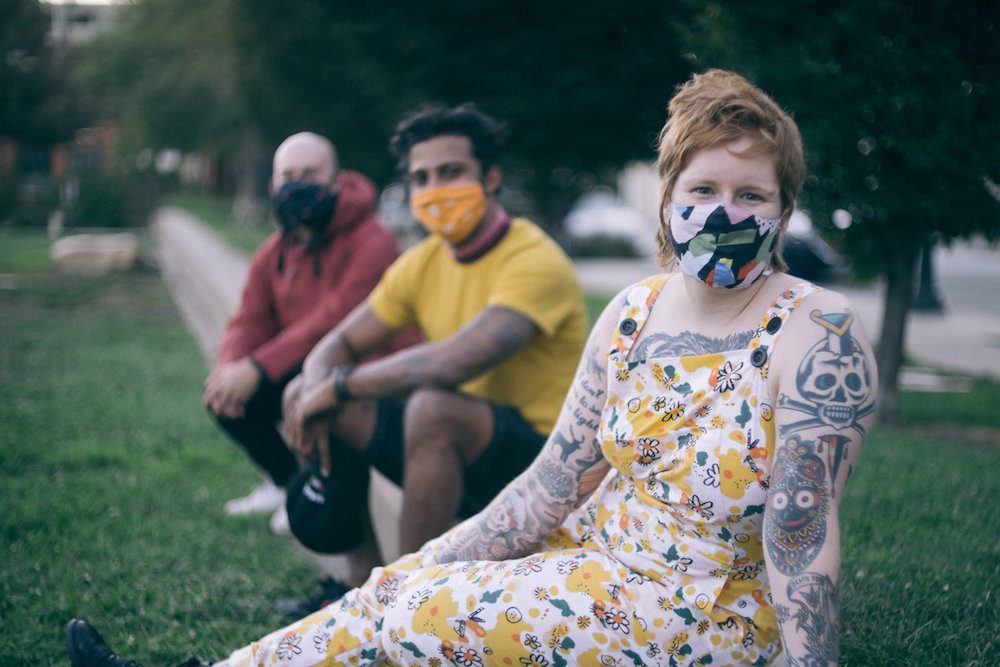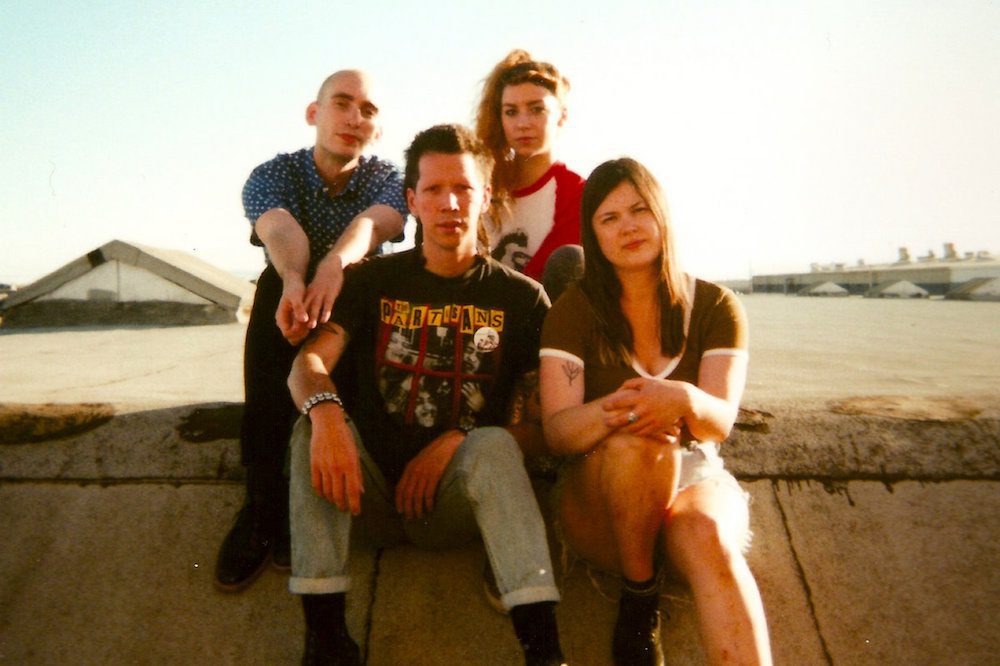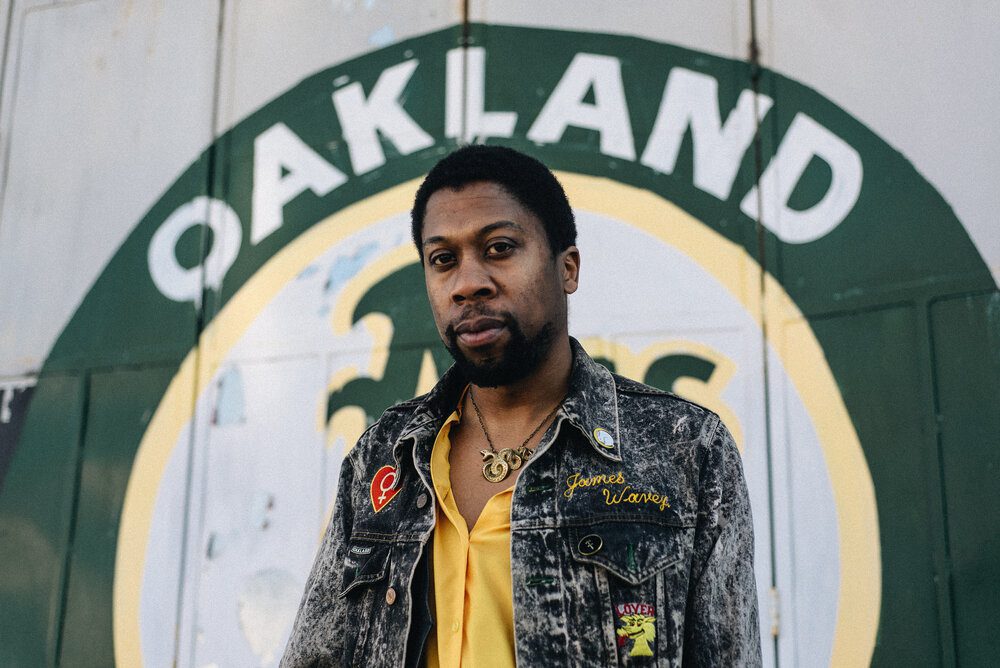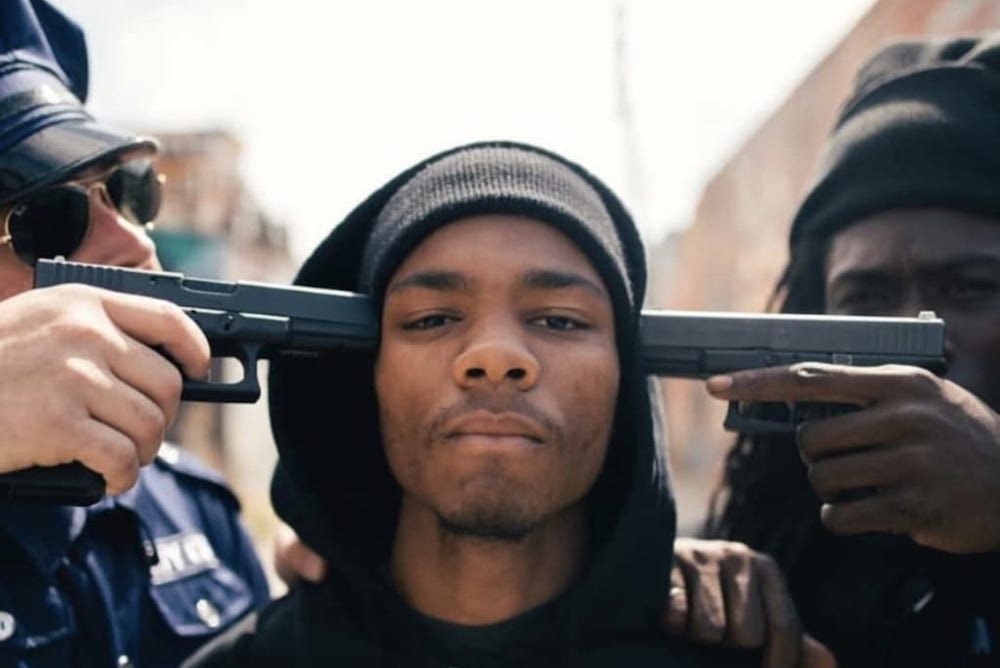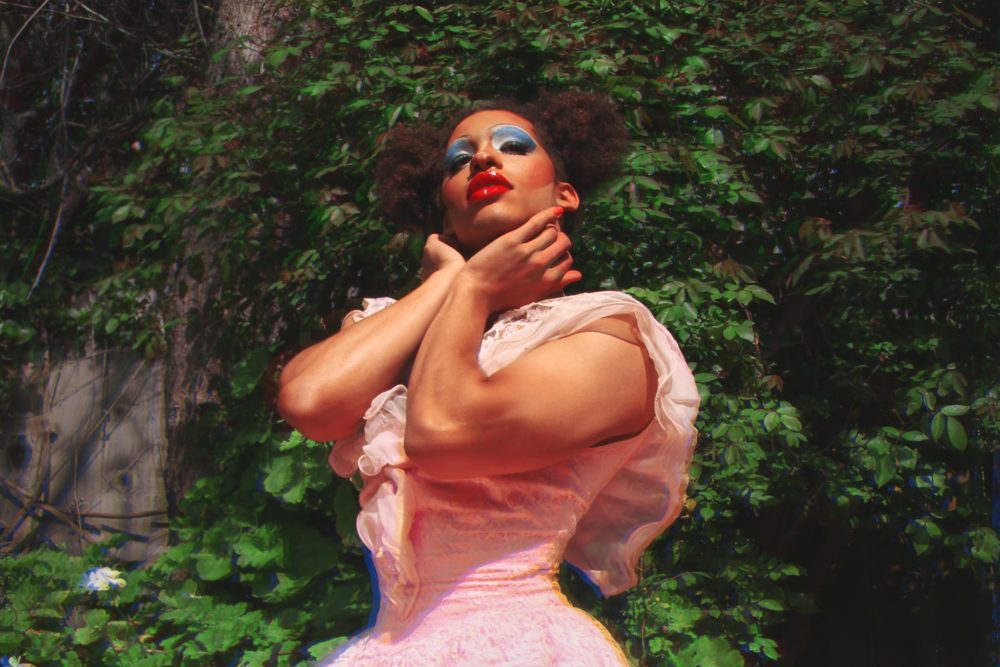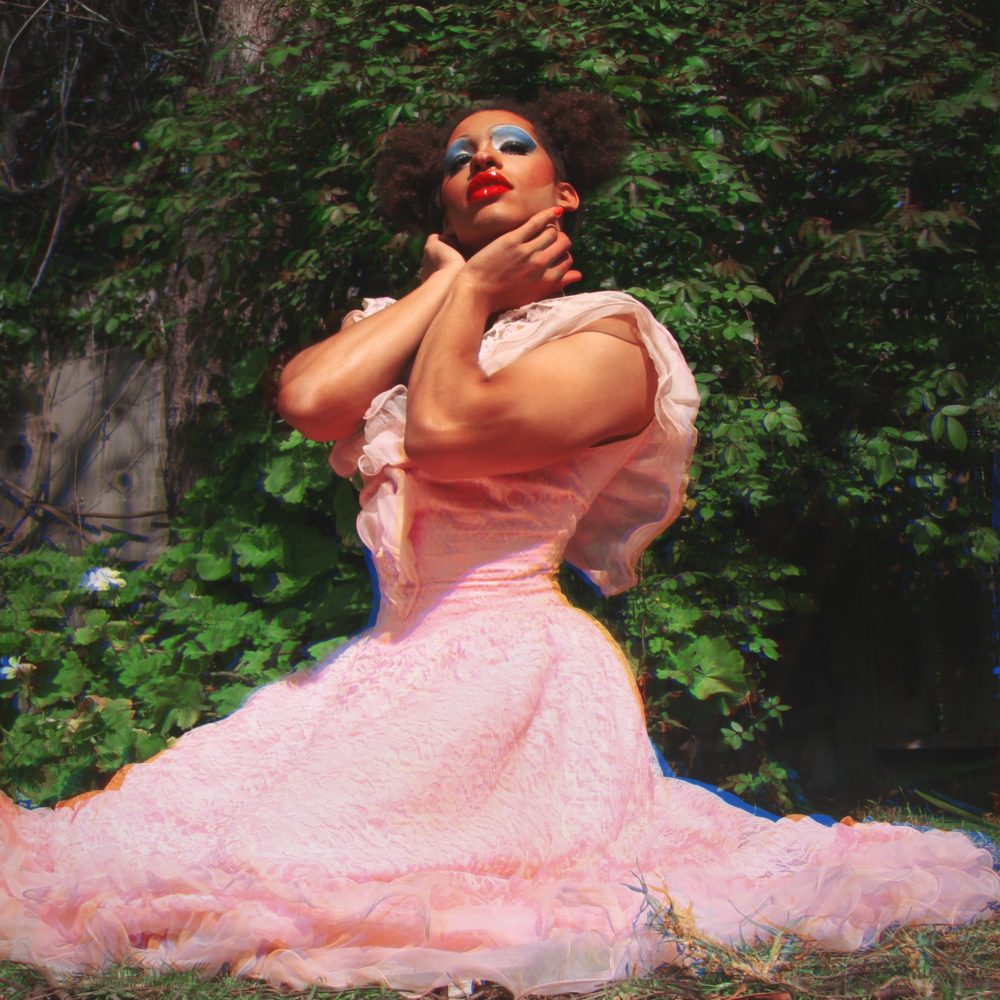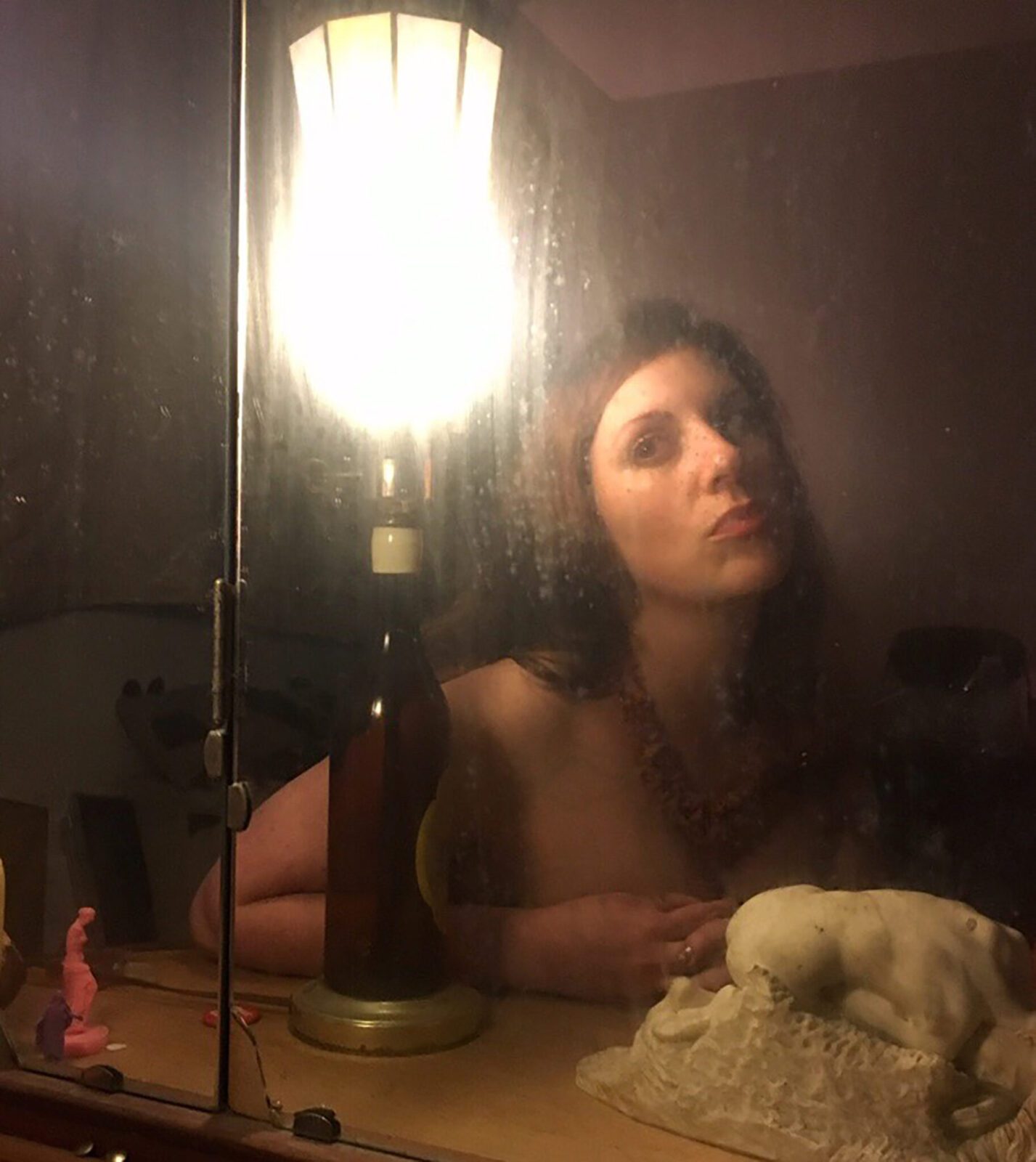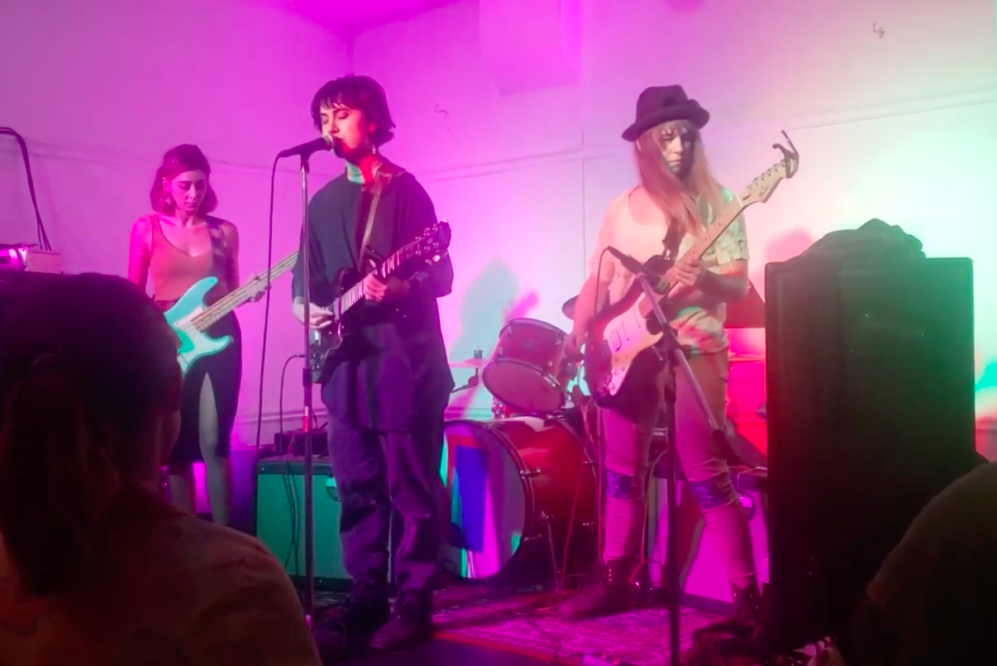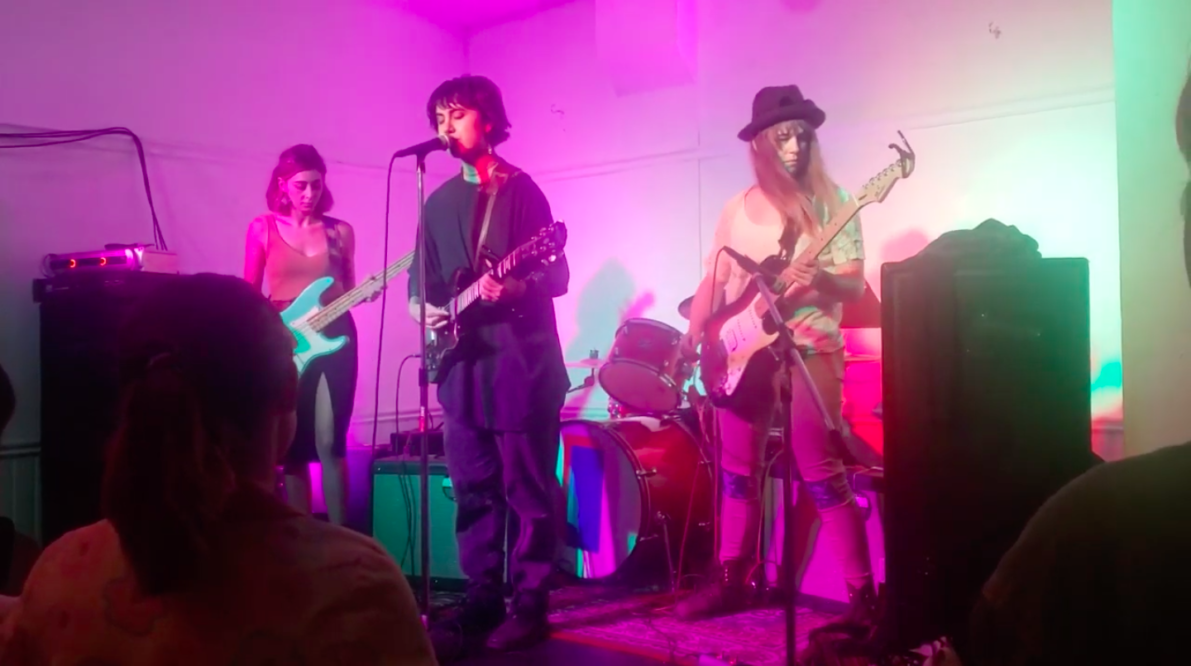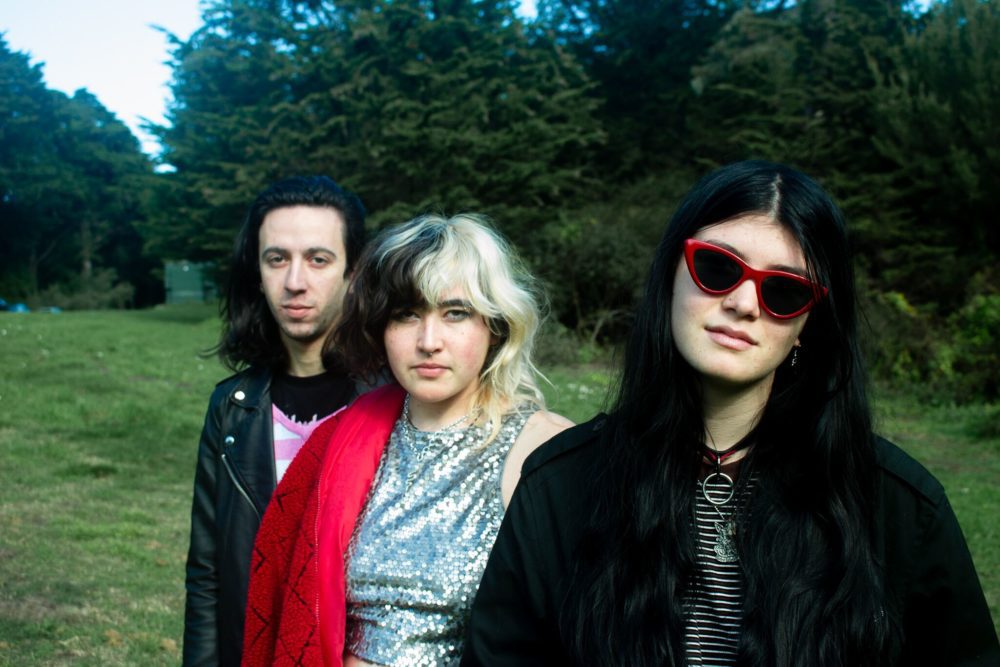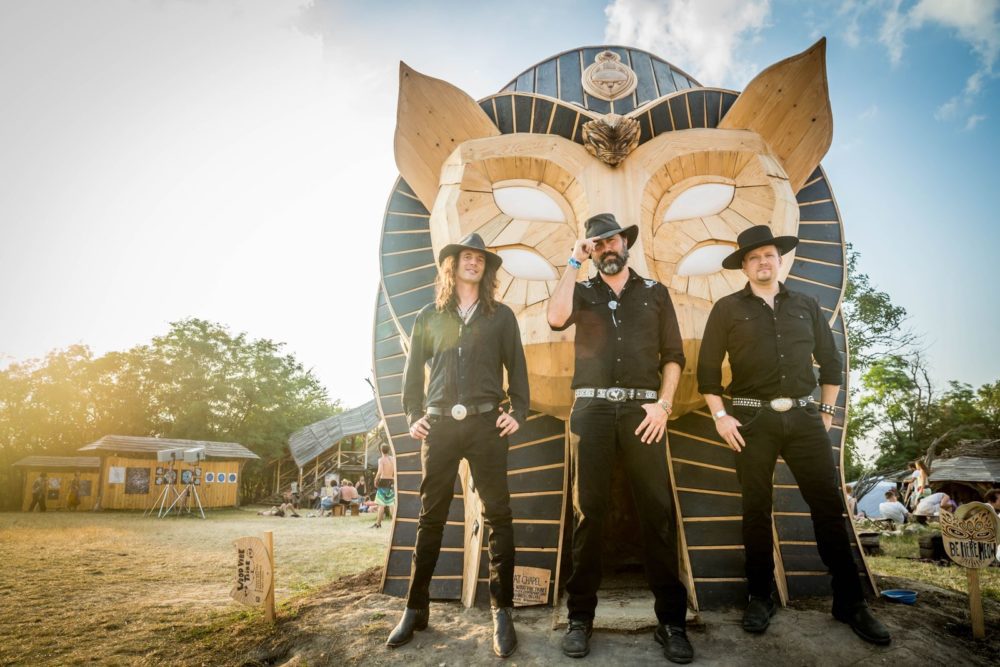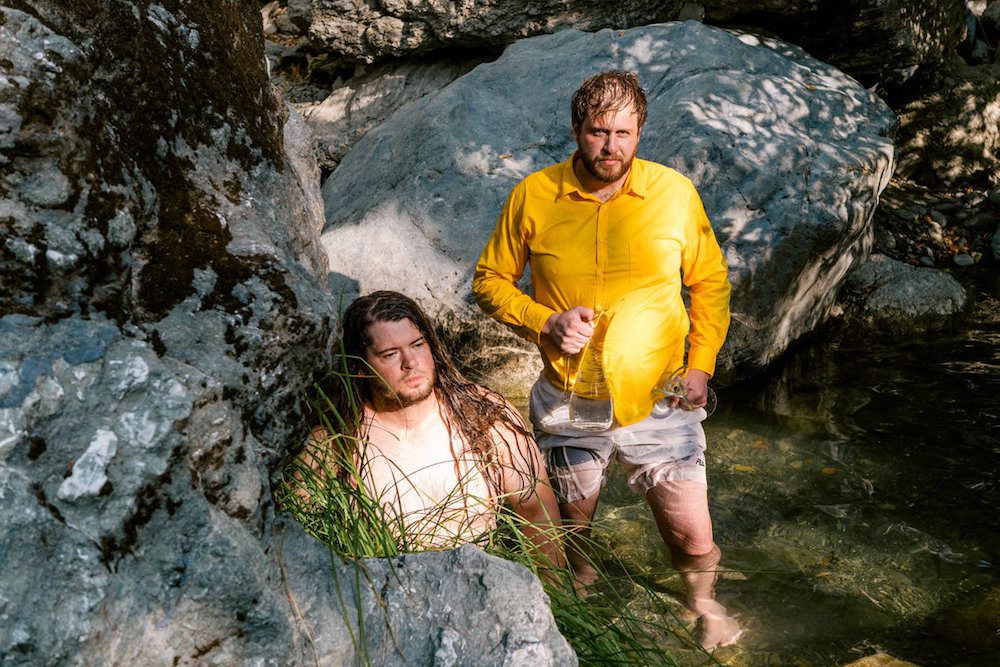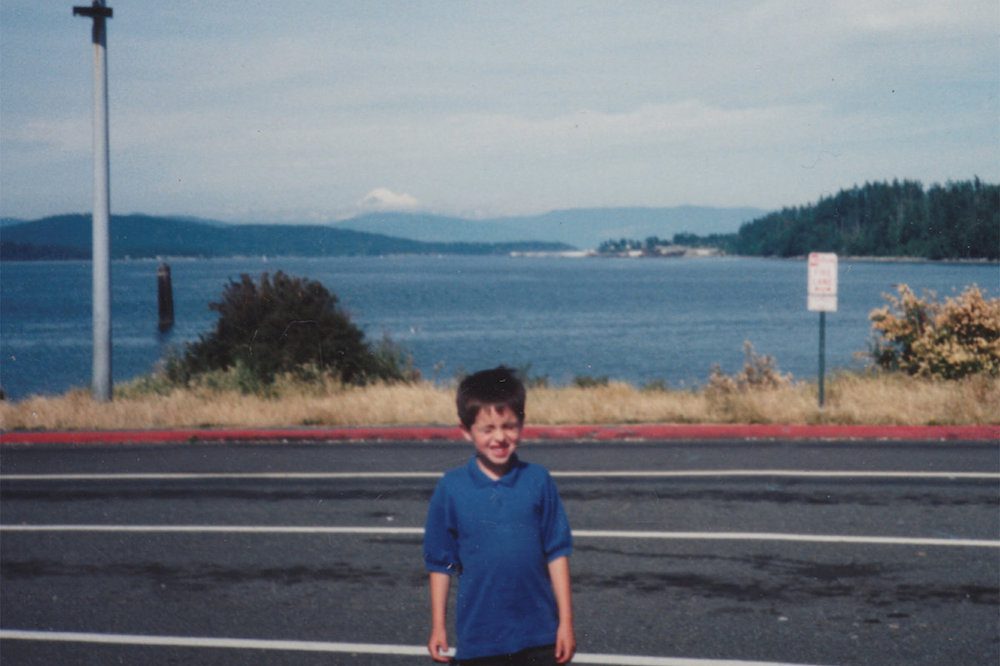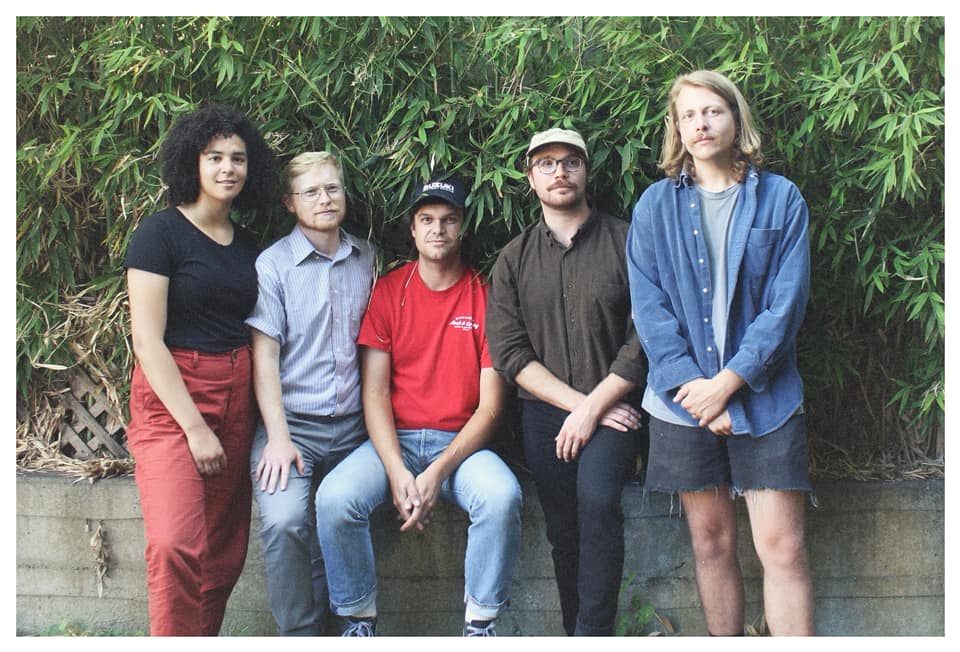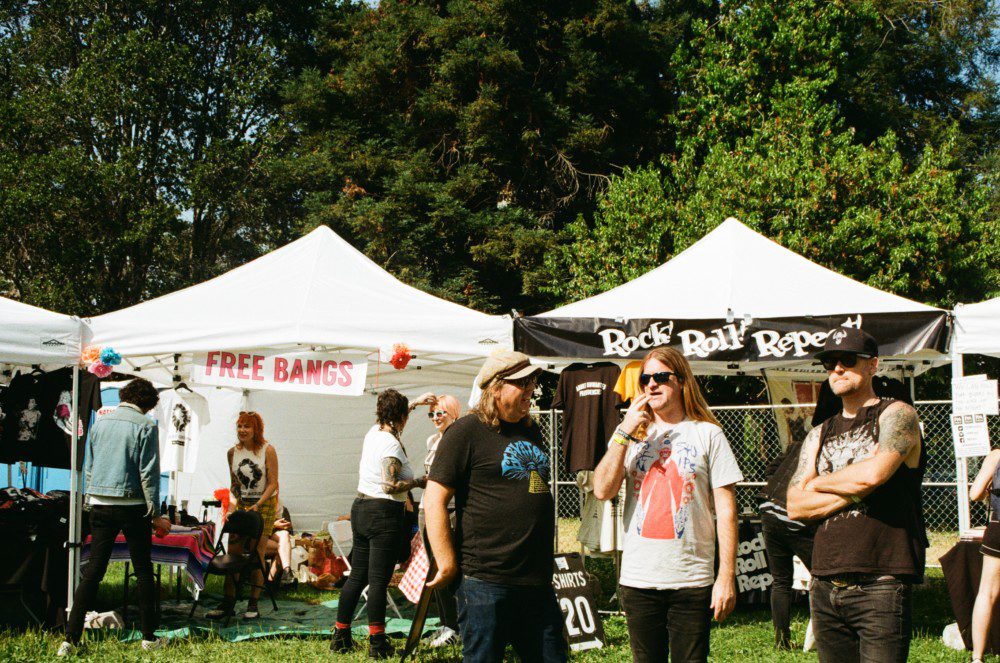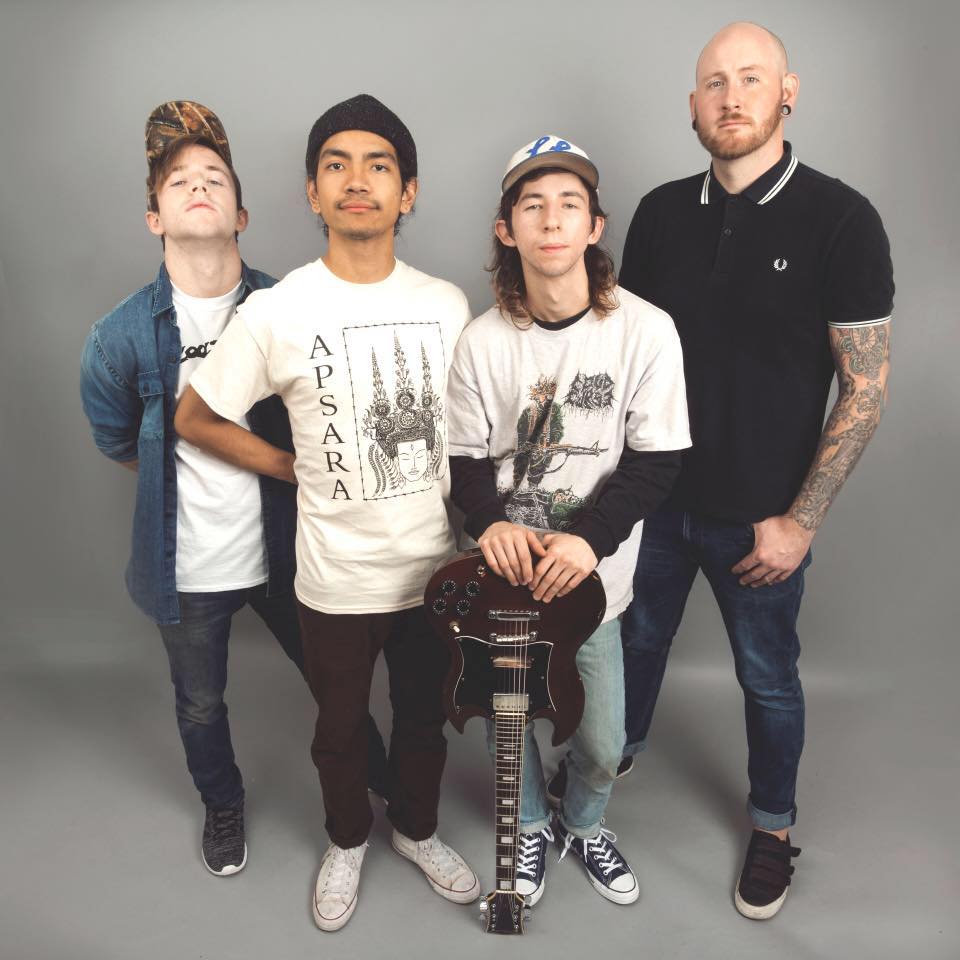PREMIERE: Time Keeps Moving On for Lilan Kane in her Mellow Visual for “TKMO”


For the last year, most of us have been stuck at homes, unable or afraid to venture outside due to COVID-19; looking back, the stagnant nature of the past twelve months creates a kind of time warp – a fuzzy, murky glass through which we remember the year. Oakland-based musician Lilan Kane turned the year’s frustration and angst into music, penning the aptly titled “TKMO” (Time Keeps Moving On).
“Searching for something to fix my frustration/sitting here seeing the lessons I’m facing/losing my mind in this situation, alone,” Kane cooly croons on the her latest single, which follows Kane’s 2020 EP Shadows album, a collaboration with Costa Nostra Strings and Jazz Mafia. “TKMO” is mellow in comparison to much of her catalogue, winding its way down a path without going anywhere in particular. Kane tells Audiofemme she enjoys its untraditional nature, saying, “I’m kinda glad it’s a little different, because we just got hit with something different.”
“TKMO” is all about easing into the unknown, feeling at peace with the uncomfortable. “Be hopeful while feeling hopeless,” Kane explains. “Feeling like there’s an end in sight when I don’t really know that there is. How am I going to spend my time? What am I supposed to do with myself right now, when everything feels so open-ended?” The music reflects a sense of wandering, but its tone is light, not venturing into the apocalyptic, end-of-the-world narratives of many 2021 singles. Likewise, the video focuses on the artsy doodlings of Ariel Wang, who creates a swirling abstract visual in time with the relaxed tune.
Kane gravitated toward music at a very early age, drawn to the piano in her kindergarten classroom, constantly finding herself plinking at the keys. “I begged my mom for lessons and I wanted to sing and I wanted to put on shows for my family,” she laughs, remembering the persistent nature of her childhood self. She spent hours on piano, learning the songs she wanted to sing. She ended up in her high school’s a cappella group and ultimately landed a spot at Berklee College of Music, majoring in music business. While she loved her time there, she often found herself in her own head, wondering why she wasn’t writing more on her own.
“I just didn’t know yet how to explore that part of myself,” she recalled. “I really started writing more once I was out of college. I felt a little insecure and stagnant in college, because I saw a lot of other people writing. For some reason, it just didn’t feel as natural to me. ”
After college she moved briefly to New York City, before landing in the Bay area. In the ten years she’s lived in Oakland, Lilan has opened local shows for musicians like vocalist Sharon Jones and percussionist Pete Escovedo. She found her place in the Oakland blues scene, building her skillset, meeting people, and getting her feet wet, but it wasn’t until quarantine hit that she tackled a mountain she’d been waiting to climb: writing a song completely on her own.
She built “TKMO” on her piano, creating a skeleton on her phone’s voice memo app. Normally, she would have taken that skeleton to a band and had them experiment with the parts, adding in their own personal flair. With “TKMO,” once the basic structure of the song was there, it was Kane herself tooling around in Logic, adding the drums in.
“Every other song, I’ve been in studio working with the band, working with the musicians, working with a producer. This, I wrote after quarantine started,” Kane explains. “I developed the whole demo track on my own, recording all the parts, and then I stared to send it out to other musicians: Hey can you play bass? Then I’m dropping them in, starting to slowly build my song in a totally different way.”
In the past, Kane has tweaked her songs via many live performances. “Some of the songs off my first album, I performed for like three years before we ever recorded it,” she says. With “TKMO,” live improvisation obviously wasn’t an option; instead, she had to reach a whole new level of trust with herself as a creator. “This is me concocting this idea without the feedback of anybody else. They just recorded the part I asked them to,” she says. “So even though it was collaborative, it was the most non-collaborative approach to writing a song for me than ever before. It made me feel very vulnerable because I realized I’m going to rely on myself for this.”
Kane credits much of the ease within the song to American funk, soul, and jazz legend Roy Ayers. She had planned to pay tribute to Ayers before COVID struck, and it was his music that she often turned to for peace and inspiration at the start of the pandemic. His notes helped her breathe and find the place where “TKMO” could come to life.
Kane has written eight full songs during quarantine, all with this newly found sense of space and creative authority. She’s hoping to release an album early next year, but for now she’s content to release each song in its own time. “It’s going where it’s going,” she says of her music. “It’s on its own journey.”
Follow Lilan Kane on Facebook and Instagram for ongoing updates.

